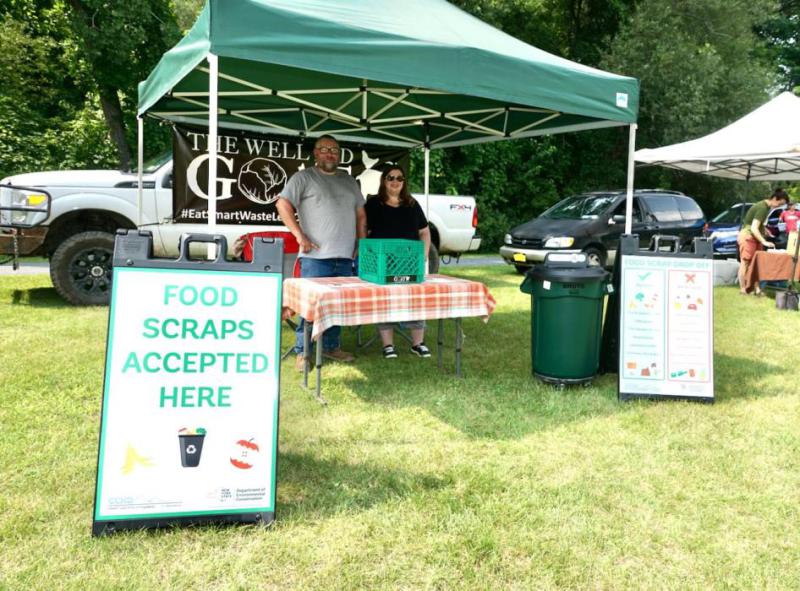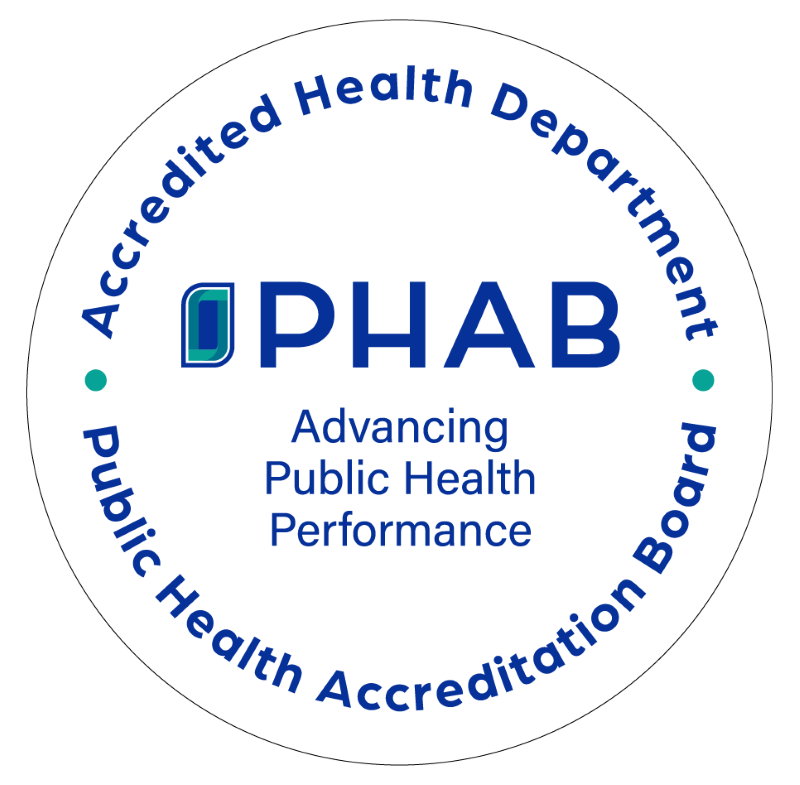Food Waste Reduction Policies
Food loss and waste is created throughout the food supply chain, from production to consumption. Reducing food waste is one of the easiest and most effective ways to reduce the environmental impact of our food system, feed our neighbors, improve food economics and build cleaner communities.
The New York State Food Donation and Food Scraps Recycling Law is expanding, starting January 1, 2027.
Effective January 1, 2022, businesses and institutions that generate an annual average of two tons of wasted food per week or more must:
- donate excess edible food; and
- recycle all remaining food scraps if they are within 25 miles of an organics recycler (composting facility, anaerobic digester, etc.).
Effective January 1, 2027, businesses and institutions that generate an annual average of 1 ton of wasted food per week or more must:
- donate excess edible food; and
- recycle all remaining food scraps if they are within 50 miles of an organics recycler.
Effective January 1, 2029, businesses and institutions that generate an annual average of 0.5 tons of wasted food per week or more must:
- donate excess edible food; and
- recycle all remaining food scraps if they are within 50 miles of an organics recycler.
CCHD works with consumer facing businesses and organics recycling partners to:
- Support increased self-efficacy for food waste reduction and recycling.
- Provide technical assistance in establishing food waste reduction and recycling policies and connect with food donation organizations and organics haulers.
- Increase opportunities and resources for organics recycling by expanding the number and accessibility of food waste recycling solutions.
Interested in developing a policy? Contact HPP staff at 518-565-4993.
CCHD is tackling food waste through Eat Smart, Waste Less Clinton County. Current project activities aim to:
- Increase awareness of the negative health and environmental effects of food waste among residents through education.
- Reduce perceived barriers to food waste reduction strategies in home and commercial settings by offering practical and actionable solutions.
- Establish small scale food scraps collection sites within the county, while supporting the development of municipal level programs.
Learn more about this inititiative here.
Updated 08/08/2025


































